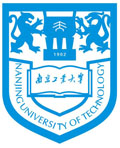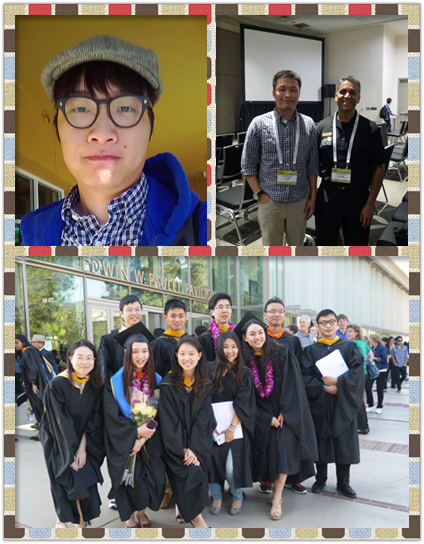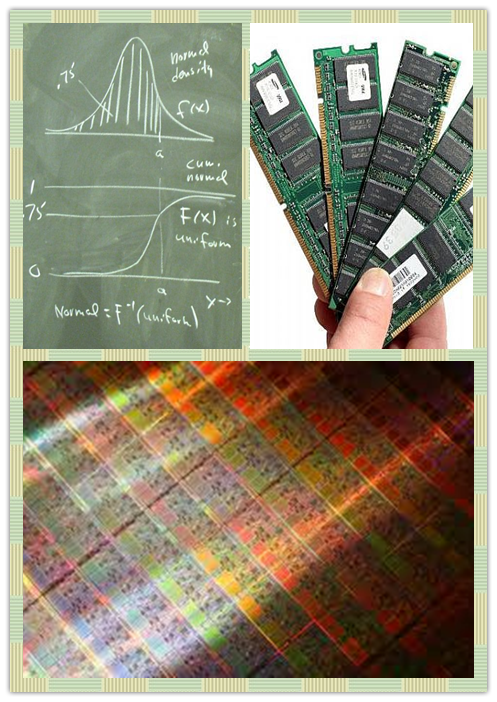
If we knew what it was we were doing, it would not be called research, would it?
I guess so.

On My Way
You may think that in life, a lot of things happen to you along the way. The truth is, in life, you happen to a lot of things along the way.

Fighting Jiangsu Sainty
舜天战斗
For the proud touch of blue, we will be with you until the end of the world.
为了那骄傲的一抹蓝,我愿陪你到世界终结







